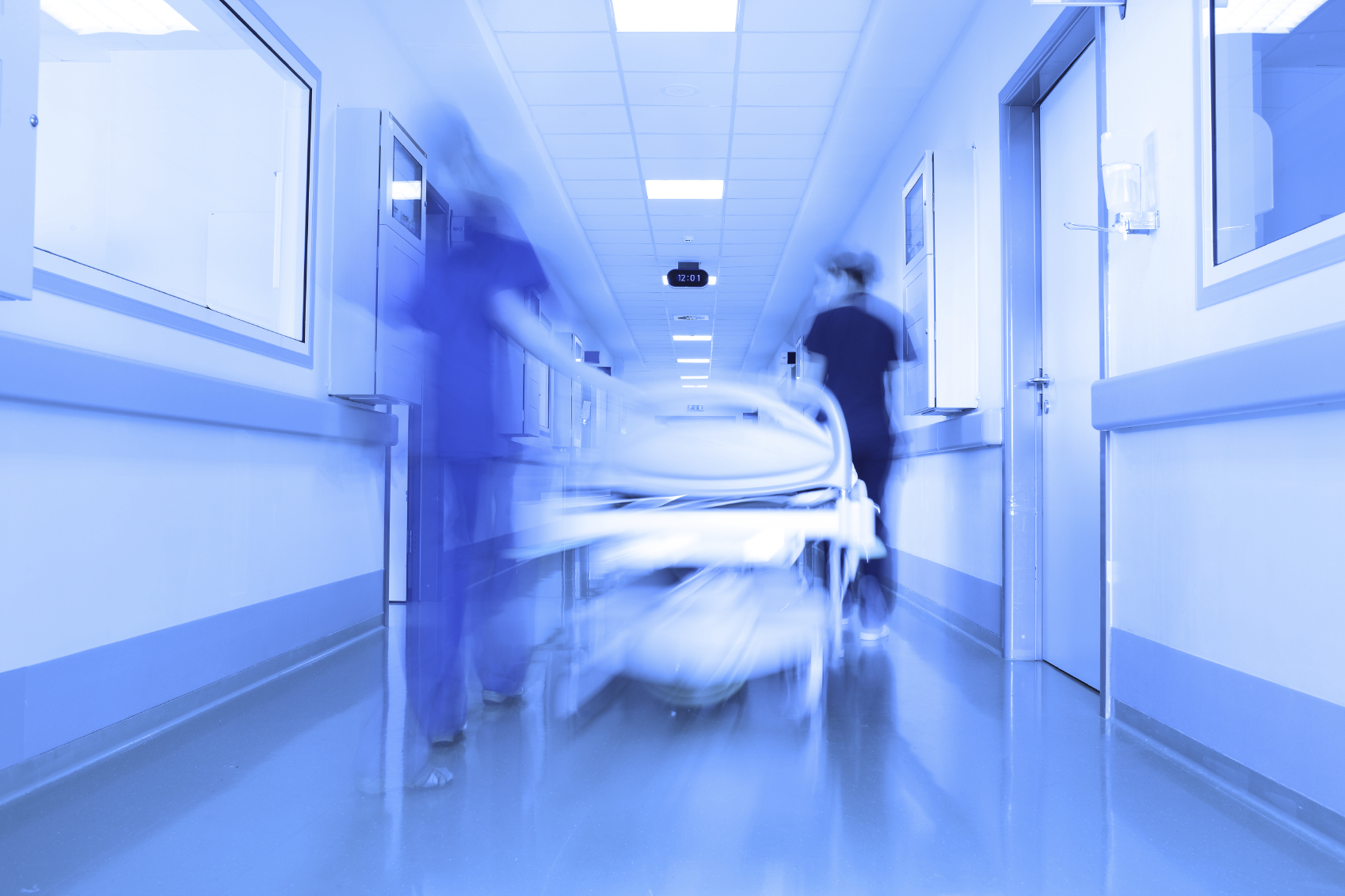'Obs' device gets backing in UK digital health funding round

The UK government has handed out a further tranche of cash to digital health projects exploring artificial intelligence, machine learning, and hand-held devices.
Through its $35 million, four-year Digital Health Technology Catalyst (DTHC), the government will give out a further £9 million towards a series of projects.
Delivered by the government agency UK Research and Innovation, the catalyst aims to accelerate development of digital health innovation.
Digital health is an important area of innovative healthcare that the government is trying to stimulate through its industrial strategy, following recommendations in the Accelerated Access Review by former life sciences minister George Freeman.
This latest funding round builds on the £17 million given to various digital health projects last autumn.
eObs
Latest projects receiving funding include Rugby-based OpusVL, which has developed a tool called eObs to help clinicians observe patients digitally through hand-held devices.
The device can send an automatic alert to specialists or consultants if patients are identified as “at risk”.
This can shorten length of stay, reduce transfers within hospitals, and reduce intensive care referrals.
The system also gives ward managers and bed managers a view of the workload across their area of responsibility to help manage shifts.
Red Star Consulting
Also receiving funding is Glasgow-based Red Star Consulting, which is applying machine learning to analyse clinical notes recorded in the electronic health record of diabetes patients.
Machine learning models use the information to predict clinical risks such as heart attack or death and present this information to the clinician as a score or alert.
Clinicians can use the information to identify high-risk patients and target certain clinical outcomes.
Other projects
Other projects receiving funding include Mind Over Matter MedTech, a Kent-based tech firm working with Wessex Academic Health Science Network to trial novel, low cost and portable brain imaging technology.
Ufonia will receive cash towards its work with the University of Oxford, which is developing AI-driven voice technology to call patients and have a fully autonomous, natural conversation to assess their health status against specified criteria.
The tech is already in live clinical use and will assess nearly 1,000 patients who have had cataract surgery over six months.
Leicester’s Snoozeal will also receive funding for a device that treats obstructive sleep apnoea.
This works by contracting the muscle at the rear of the tongue through a 20-minute daily toning regime of mild electric pulses.












